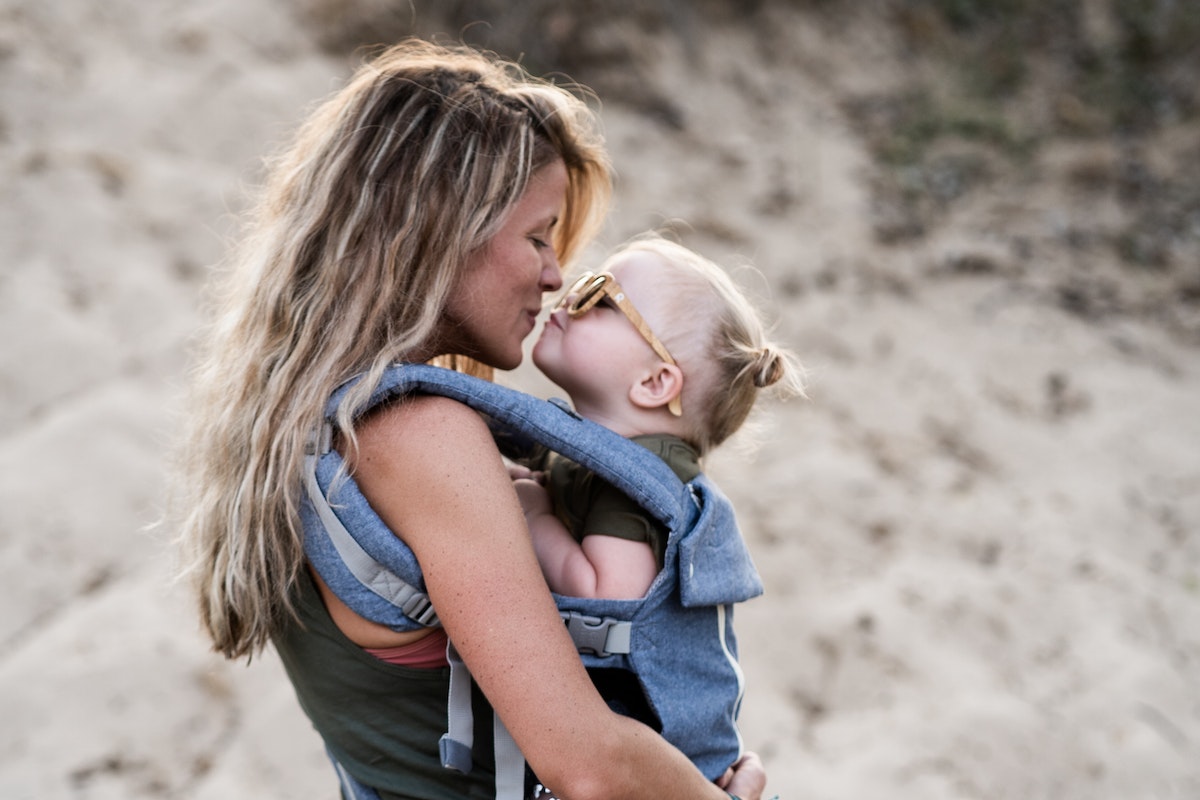After a long hiatus, I am doing what I love most. Weaving thoughts, stringing words, and threading narratives through the spaces of my mind to create a piece, that may be rational or irrational, but gratifies me nevertheless.
So, a couple of weeks ago, I came across two very interesting but seemingly unrelated Instagram posts. A very popular one of Sushmita Sen speaking in her characteristic sedate and suave voice about how women are conditioned to live and excel in their acquired roles as ‘good mother’, ‘good wife’, ‘good daughter’ etc. but rarely do they live as an individual. I couldn’t agree more!
Another was this bold one by @neilstrauss that was set to rattle parents’ future dreams. It read, “Your children owe you nothing. It wasn’t their choice to be born or their actions that resulted in their existence. It was yours.” In gist, have no expectations of them just because you raised them and wiped their butts. Expect no gratitude, respect, or compensation for your love and effort. Honestly, that left me a tad nervous because I am a parent and it is a hard-to-digest, bitter pill. At the same time, I am somebody’s child too, and not blind to certain truths from that side of the story.
I thought this hard-hitting post was somewhat unfair to parents. It categorically relieves children of all responsibilities and expectations towards parents but, makes parents almost villainous if they expect anything at all just because it was them who brought the children into this world.
To begin with, it might be somewhat naïve to say that a child is in the world solely as a result of his parents and their actions. According to numerous scholarly and theological investigations, the concept of “rebirth” is particularly significant and fundamental to many cultural and spiritual traditions, including those of the Native Americans, Africans, Indians, Greeks, and Tibetans. As per these, your karmic debts are closely linked to your reincarnation. Hypnotic regressive theories have even demonstrated that rebirth occurs. Therefore, when you have earned yourself a new birth on account of your unique karmic reasons, you need a vehicle to bring you back into this world. And that vehicle which delivers you to your destination is called the ‘mother’ or ‘parents.’ It is a symbiotic, mutually needed system wherein each party lives out his karmic account through the other.
In that view, a parent and child both need each other and are interdependent. Hence, it is only natural that both will have expectations of each other in the social and emotional construct that we call “family.” However, if one party i.e., the child is relieved of his obligations it is only fair that the other party should also be. But parents do not get absolved of their seemingly never-ending responsibilities whereas children continue to stake claim over their parents’ time, wealth, and feelings unhesitatingly. It feels a bit lopsided to me.
Keeping aside the karmic rebirth theory for the more scientific-minded readers of this blog, let us accept that a child is the result of his parent’s actions alone which is simply biological and instinctive as designed by nature. In this case, it is only right then that the parents provide for their children until they are self-reliant like in almost every other species in nature. Beyond this, no one is responsible for anyone and both earn their freedom. But clearly that is not the case with our species.
We need to choose whether we follow the natural order or the socially constructed order. Since we are not following the natural order, then the question of expectations is bound to arise. Children have expectations of their parents and parents have it likewise be it money, respect, or love.
When I go back to Sushmita Sen’s video where she says how the idea of living up to the tag of “good” mother, daughter, wife, etc. takes a toll on a woman’s existence, I find a striking commonality between these two posts of expectations which can be applied across all relationships. The common factor is not expectations, as it appears apparently. There is a much finer and smothering element behind the garb of expectations.
Of course, expectations are the cause of all woes of mankind. But when these same expectations are wrapped and bundled under the sagging tags of relationships, they become overwhelming, challenging, and crushing. We have categorized humanity and human qualities in terms of societal roles, and that is what I sadly feel is our undoing.
I grew up often hearing this narrative that you are a child, so you must respect your elders; you are a daughter and so, you must never behave disgracefully; you will be a daughter-in-law someday and so, you must be adaptive and caring; you will also be a wife, so be patient and docile. Many of you will identify with this narrative that has been passed on from generation to generation, to conform to certain preset notions of relationships. And the same holds for a parent-child equation. It is expected for a parent to give their all in raising their child and the child should reciprocate the same way when his parents need it. It is expected of a “parent” to love his child as it is similarly expected of a “child” to respect his parent.
However, just when you change these narratives, the expectations do not change at all but the burden of delivering on those roles is taken away. I do not ask my daughter to be adaptive, patient, respectful, empathetic, and calm because she is a child or a daughter or might be someone’s wife and daughter-in-law someday. But yes, I still want her and my son to have all these qualities because it is the right thing to do as a human being, as an individual. If they do cultivate compassion, patience, and generosity I guess that they will look after their ailing haggard mother or mother-in-law with equal willingness, they will choose to attend to their guests with warmth and will lend a kind ear to their agitated spouses as well as their disgruntled child intrinsically. It will not be easy by any chance to fulfill these expectations of being a good, available, and pleasing individual but it will be much less exhausting than striving to meet the demands of relationship tags.
Every important relationship name be it “parent”, “child”, “son”, “daughter-in-law”, “mother-in-law”, “wife”, “husband”, or “lover” brings with it two things: a false sense of entitlement and a pre-conceived checklist of behaviour. Expectations that arise out of entitlement or by stereotyping roles are mentally and emotionally draining. Every member of a family and relationship does have expectations from each other because evolutionarily we function on the premise of give-and-take. But the expectations should arise from the knowledge that living as a social and family unit, we are dependent on each other and should be dependable for each other. We may rather respond primarily out of human values and secondarily out of relationships.
The aspiration to be a good human being is not easy but still easier than the aspiration of delivering good on several relationship tags. The challenges of a family life call for incessant inspiration and a cumbersome tag only comes in its way.
~Radhika Mimani
Photo by Josh Willink: https://www.pexels.com/photo/mother-kissing-her-daughter-2701598/






